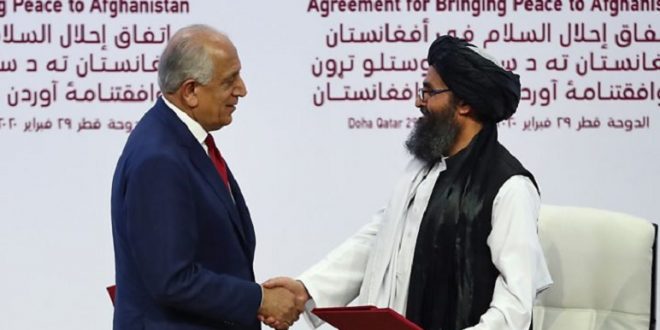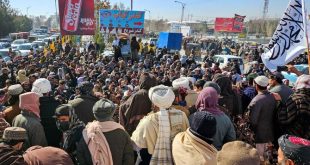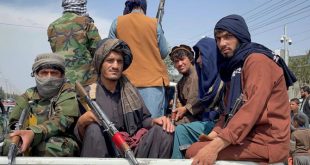By Bilal Yousufi
KABUL: After rounds of negotiations, US and Taliban – who fighting each other for almost two decades in Afghanistan – had recently forged a peace deal, aiming for a gradual foreign troop withdrawal and facilitate Afghans-to-Afghans negotiations. To follow the agreement, the US will reduce the number of its troops to 8,600 and the Afghan government should release around 5,000 Taliban prisoners. Part of the agreement reads that US would continue economic cooperation with the “new post settlement Afghan Islamic government as determined by the intra-Afghan dialogue and negotiations, and will not intervene in its internal affairs”. The deal was peaked at a time, while Afghanistan is rumbling on in another sever crisis which is the political convulsion among the Afghan leaders over power – our politicians are paying more attention to their personal interests instead of national. On Monday, both top leaders of the ex-government (National Unity Government), President Ashraf Ghani and Ex-Chief Executive Abdullah Abdullah took their oath ceremony and announced their presidencies. Such a political diversion among the Afghans with the US taking side on a certain team is, making the ground more complicated and controversial, though the US had pledged in its agreement to provide support for the new political settlement, which is determined as a result of intra-Afghan negotiations. Looking at the current situation in Afghanistan, it appears that Washington still don’t have honest policy towards our country; there are deals behind the curtains and games down in the circus. What the US could have done better for Afghanistan at the moment was—to not support any side, as we are going through a critical condition. A political settlement as a result of intra-Afghan negotiations or consultation among the leaders would have not brought such crisis as now. Or it may not be far from the truth that US is seeking its interests through ongoing tensions in Afghanistan.
 Afghanistan Times
Afghanistan Times




